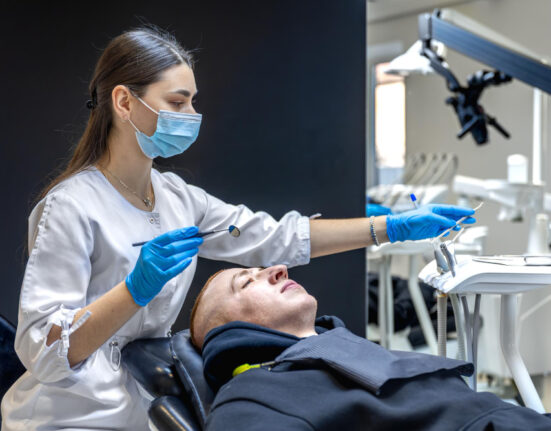A good smile has a quiet sort of power, doesn’t it?
It’s there when you greet someone at the café.
In those unplanned family photos.
In the laugh you don’t try to hide.
If you’ve had dental implants, that smile can feel even more effortless. They’re designed to blend right in — no awkward gaps, no self-conscious moments. Just you, living your life.
But here’s the thing: even the most natural-looking implants can send little signals when something’s not quite right. Not dramatic, drop-everything pain — more like a soft nudge. A whisper.
And if you catch it early? You might save yourself from a bigger, messier problem later.
Knowing how to spot early signs of dental implant failure isn’t about being paranoid. It’s about being aware — the same way you’d notice your car making a new sound or your favorite chair feeling a little wobbly.
The Little Clues You Might Miss
Your mouth is like a well-rehearsed band — every part has to play in harmony. If one instrument is off, the whole tune feels wrong.
Here’s what to watch for:
- Lingering discomfort – Some soreness after surgery? Totally normal. Pain that pops up months later? That’s different.
- Gum changes – Redness, swelling, or bleeding could mean your gums are fighting off inflammation.
- Loose feeling – Your implant should feel rock solid. Even a tiny wiggle is a big deal.
- Bite changes – If your teeth suddenly don’t meet like they used to, something’s shifted.
- Bad taste or odor – Not just annoying — sometimes a sign of infection under the surface.
Why You Shouldn’t Wait
Implants are built to last for decades — but only if the bone and gums supporting them stay healthy.
Small issues now can turn into big ones later. And yes, that could mean losing the implant altogether.
Think of it like spotting a leak in the roof. Patch it early, and you’re good. Ignore it, and you’ll be replacing half the ceiling.
Simple Habits That Go a Long Way
You don’t need a complicated routine to keep implants happy. Just the basics — done well, and done consistently:
- Brush and floss every day (yep, even around the implant).
- See your dentist regularly for a proper check-up.
- Pay attention to changes — your mouth will tell you when something’s off.
It’s the dental version of watering your plants — a little every day keeps things healthy and strong.
Your Smile, Your Story
Implants aren’t just about chewing your food properly.
They’re about confidence. About ordering steak without a second thought. About laughing so hard at dinner that you nearly spill your drink.
That’s worth protecting.
So, if your implants start “talking” — a twinge here, a shift there — don’t brush it off. It’s not overthinking; it’s looking after yourself.
Sometimes, the smallest whisper is the one you’ll be glad you listened to.
For more visit Pure Magazine








